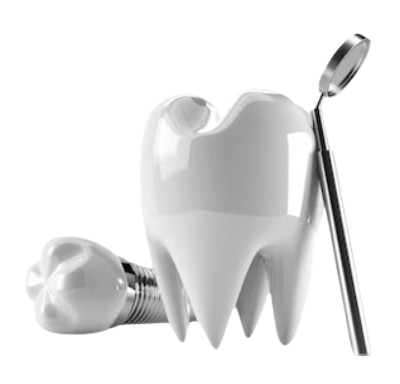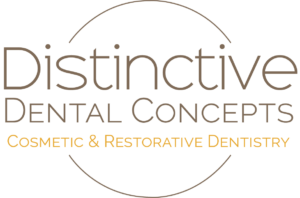
ORAL SURGERY IN GARLAND, TX
Our doctors prioritize patient comfort and safety during minor surgical procedures, such as tooth extraction or gum reshaping, utilizing advanced methods and equipment for a quick, painless experience. Sedation options are available.
ORAL SURGERY
Minor surgical procedures involving the teeth, gums, and jaw may be needed to preserve or enhance long-term health. While our philosophy rests on maintaining teeth, each situation deserves consideration. So when the discussion we have together leads to a surgical correction, our doctors will take every step necessary to ensure your comfort and safety.
A damaged tooth may need removal if it’s beyond repair. We also understand patients sometimes choose to remove a tooth due to financial limitations. We’ll always work hard to help you find the solution that fits every aspect of your situation. Our doctors use the best methods and equipment to provide a quick and painless visit. Sedation options also offer a range of anxiety-reduction methods that you may wish to consider as well.
Biopsies of suspicious tissue, reshaping of gum defects, or removal of obtrusive bone present scenarios that may also involve surgical correction.
On occasion, our doctors recommend referral to a trusted specialist. Any time they feel you’ll be served best by a colleague trained in a particular treatment, they won’t hesitate to use the best resources for your care.
Services We Offer
Ready to transform your smile?
Frequently Asked Questions

Oral surgery involves procedures performed on the mouth, jaw, and related facial structures. It includes tooth extractions, jaw surgery, dental implants, and other surgical interventions to address oral health issues.
Oral surgery is typically performed under anesthesia, ensuring that patients do not feel pain during the procedure. Postoperative discomfort can be managed with prescribed medications
Recovery times vary depending on the type of surgery. Simple procedures like tooth extraction may have a shorter recovery period (a few days), while more complex surgeries may require weeks for complete recovery.
As with any surgical procedure, there are potential risks. These can include infection, bleeding, or adverse reactions to anesthesia. Your oral surgeon will discuss specific risks based on your health and the procedure.


